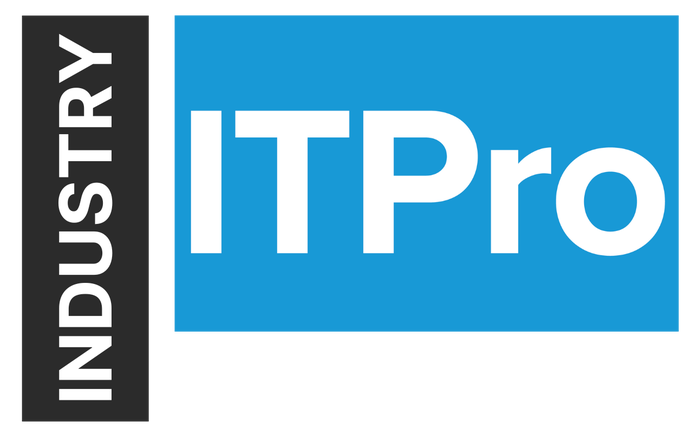
Insight and analysis on the information technology space from industry thought leaders.
Getting a Certification Versus Getting a Certification You Can Use
Some tech certifications can actually work against you. Here are tips on pursuing the certifications that will help you advance your career.
August 16, 2022

In the technology sector, certifications can significantly boost a career. Or they can damage a career. The difference lies in the type of certification a tech professional obtains. If it is the wrong type, it can damage a professional's personal brand and make it more difficult to get hired for higher paying jobs.
Pursue Technology Certifications That Communicate a Deep Understanding
One common mistake that tech professionals make is getting several associate-level certifications. While they do this to communicate that they are certified in a wide variety of skills, it actually signals to a potential employer that the candidate is only "almost ready" to do the job.
Think of getting multiple associate-level certifications as the equivalent of graduating from kindergarten multiple times when what you really need to do is graduate from college. By comparison, professional-level certifications and expert-level certifications mean a lot to employers. They communicate that you are possibly ready to do the job, and do it well.
Related: How Important Is an ITIL Certification in 2022?
For example, a Cisco Certified Internetwork Expert (CCIE) exam on its own is enough to qualify someone for a high-paying technology job. The CCIE exam is difficult, requiring an intense amount of study and a deep understanding of the subject matter in order to pass. It is a comprehensive certification, not a shallow certification that you get from passing an associate-level certification exam.
Certifications like the Cisco Certified Networking Professional (CCNP), the AWS Certified Solutions Architect Professional, the Google Professional Cloud Architect, and the Azure Solutions Architect Expert are worth 10 associate-level certifications. Those who truly want to boost their careers with certification should go deep, rather than narrow.
Pursue Technology Certifications That Are Focused on Your Job
Another mistake that tech professionals make in the area of certifications is not focusing on their particular job. Too many professionals pursue certifications that are related to someone else's job.
A solutions architect should be obtaining solutions architect certifications. A DevOps engineer should be obtaining DevOps certifications. A systems administration professional should be obtaining SysOps certifications. There are an endless number of certifications that can be obtained, from coding, to databases, to Alexa and more. The right certification — the one that will boost your career — is the one that relates to your job. A cloud architect does not benefit from getting certified in coding because an architect's job is to design, present, and sell.
Leverage Technology Certifications to Achieve Executive-Level Positions
When technology professionals pursue a wide range of certifications, rather than focusing on their area of expertise, they create a personal brand that positions them as a techie. A better course is to focus your certifications and brand yourself as a technology professional who can perform on the executive level.
If you want to boost your tech career, it is important that you look like an executive. You should be 20% technology professional and 80% executive. In addition to showing that you have the relevant tech certifications and the technical competency to design an end-to-end solution, you need to show that you have business acumen, leadership skills, communication skills, and executive presence.
Related: Top 2022 IT Certifications to Advance Your Career
It's easy to think that getting more certifications will get you more money. The opposite can be true. Having a broad range of certifications that are not focused on your desired position can actually make it harder to get hired for higher paying jobs. It positions you as a tech professional, rather than an executive with relevant tech skills.
For example, an enterprise architect is a director-level or VP-level position. If you develop a tech professional brand, rather than an executive brand, you will not be seen as someone who has the executive skills that are required for the job. If you do get hired for the position, you will get a lower salary than someone who has built an executive brand.
Seek Out the Certifications That Are In Demand
Every year, CIO Magazine publishes a list of the technology certifications it believes will be most helpful in the future. The magazine is read by CIOs, VPs of IT, IT directors, and hiring managers. Those are the top influencers in any organization when it comes to hiring technology professionals. Those who want to obtain certifications that will boost their career should pay close attention to that list.
The certifications that CIO Magazine recommends are the ones that employers now desire. Hiring teams are focused on those certifications because they relate to skills that are now in demand. Ultimately, getting a job will be about your competency — not your certifications — but knowing what certifications are most desirable to employers will help you attract their attention.
Your goal should be making certifications work for you, rather than against you. Seek deep certifications, rather than associate-level certifications. Get the certifications that will help you with your job, rather than someone else's job. Build a brand that shows you are a focused, competent, expert who can perform at the executive level, not just a techie who has passed a lot of exams.
About the Author(s)
You May Also Like


